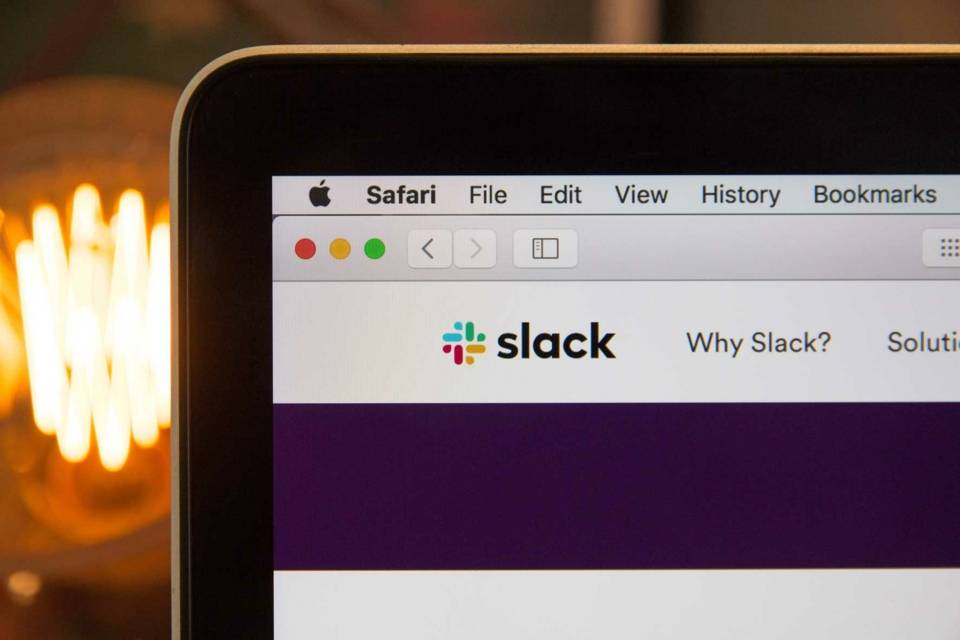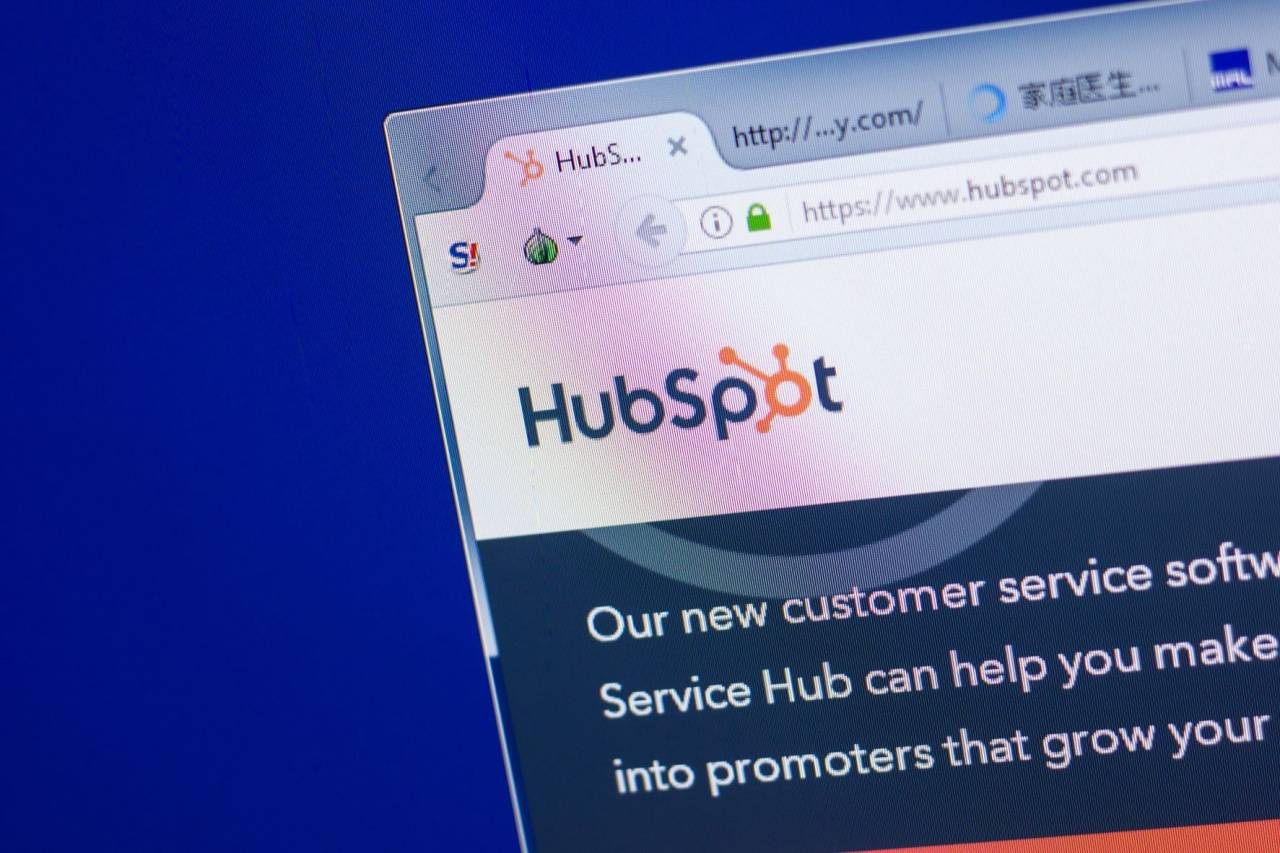Launched in 2006, HubSpot is the inbound marketing software producer that has risen to the top of the SaaS sector and become one of the digital tools every business has heard about. A significant part of that success is down to the impressive work that has gone into ensuring it integrates with various other essential B2B tools.
This page details an in-depth look at HubSpot connectors and explores how the solution integrates with Digital Experience Platforms like Ibexa DXP and other digital B2B tools.
What is HubSpot?
HubSpot is one of the world’s most popular Customer Relationship Management (CRM) platforms. Together with Salesforce, it is one of the biggest names in the Software as a Service (SaaS) sector and is used by B2B organizations around the planet and across a wide range of industries.
HubSpot centers on a free CRM solution. This is the hub on which the wider system is built. In the basic HubSpot application, you can track who your business interacts with, what they do, and how close they are to purchasing. If you want more than that, you will need to expand the system by subscribing to one of the additional HubSpot modules.
These modules include:
- Marketing Hub
- Sales Hub
- Service Hub
- Operations Hub
Each hub provides your business with additional functionalities and features, improving your ability to deliver memorable digital experiences.
What is HubSpot integration?
HubSpot integration is the process of connecting the HubSpot platform with other software solutions to enable them to share data and functionality. In the modern business environment, these connections are essential.
For instance, you may want to use HubSpot to improve your sales emails. To do so, you will need to sync the platform to your email provider . Or you may want to target content at particular customer groups more effectively. In that case, you could integrate HubSpot with Ibexa DXP.
Integrations are what take HubSpot from a useful B2B tool to an essential digital solution. They enable you to create a system specifically tailored to your needs and that incorporates your existing technology stack, too.
What are the benefits of integrating platforms with HubSpot?
There are several benefits to integrating your existing platforms with HubSpot. Below, we list the five we consider most important.
1. Stop switching between applications
First and foremost, HubSpot integrations benefit your team by bringing all functionality into a single solution. Everyone has experienced the frustration of constantly switching between applications as we attempt to complete a task. It is slow, time-consuming, and inefficient. Being able to achieve most of your goals through a single platform is just much, much easier. It's true to say that you cannot do everything in HubSpot and there will be some switching however with an integration it will drastically reduce the amount your team has to flick between apps.
While this might not seem like a huge deal, HubSpot integrations streamline workflows in such a way that the efficiency savings do add up quickly. Working through a single platform - whether that is Ibexa DXP or HubSpot - but having access to data contained within both systems means your team gets more done in less time.
2. A single source of truth
Integrated systems also provide you with a single source of truth. In complex B2B systems, there are often multiple data sources. If those sources are not integrated, it is very easy for the information contained within each system to vary. When this happens, your team loses cohesion and pulls in different directions because they base their decisions on diverging data and evidence.
Similarly, siloed data sources are more likely to contain inaccuracies. This usually occurs because the information is not automatically updated across the entire system. Instead, unreliable manual updates are needed to ensure data is accurate across all platforms.

3. Facilitate growth
Straightforward integration is particularly critical if you are a growing B2B company or expect to scale operations soon. As you grow your business, you will require additional tools and technologies to facilitate new operations and deliver for your customers. If you have to create time-consuming custom integrations for every one of those tools, you will not be able to scale at speed.
In recent years, integrations have assumed even greater importance in B2B. Historically, B2B companies used a wide range of digital solutions and experienced problems when scaling their operations. Traditional point-to-point integration architectures meant multiple dependencies and major problems when a piece of the system was removed, replaced, or updated.
With the realization that complex and clumsy integrations hampered innovation and growth, came a renewed focus on digital connections. After all, it does not matter how great your software is if it will only work in isolation.
4. More informed decision-making
When it comes down to it, the more information you have at your disposal, the better equipped you are to make evidence-driven decisions. In the age of big data, businesses can no longer rely solely on instinct, tradition, or experience. Everything must be backed by data.
This is particularly true of B2B, where groups of around 10-12 individuals often make buying decisions. Each member of the buying team will contribute information and make evidence-driven recommendations.
HubSpot integrations enable data-driven decision-making by bringing all your data together and giving you a greater depth of analysis. You can combine information from your CRM, CMS, and PIM, creating a much more rounded picture of how your customers behave, what the best way to reach them is, and how to keep them engaged once they purchase.
5. An omnichannel data infrastructure
Finally, integrating with HubSpot contributes to the development of modern omnichannel business systems. And that has wide-ranging repercussions for your company and the customer experience it offers.
The omnichannel approach emphasizes the elimination of data silos and aims to create a system in which customers, data, and employees can move seamlessly between systems and channels.
For instance, a buyer can begin an inquiry via the website Chatbot and then switch to a Live Agent. In an omnichannel system, this switch is seamless for the customer because there is no obstacle preventing them from jumping between channels. But it is also seamless because the conversation they had with the Chatbot (and the information within it) is available to the human agent they speak to next. They do not have to repeat themselves or re-enter information.
The omnichannel approach is the future. B2B organizations must ensure that they are building connections that facilitate this cross-channel movement. Inegration with HubSpot is an excellent way to break down silos and work towards an entirely omnichannel system.

What types of platforms can you integrate with HubSpot?
HubSpot has built its reputation on the vast number of integrations it facilitates. There are plenty to search through on the HubSpot App Marketplace and a quick Google search will turn up hundreds of articles on businesses’ favorite HubSpot integrations. That said, the most common solutions B2B organizations connect to HubSpot include:
- Digital Experience Platforms (DXPs)
- Content Management Systems (CMSs)
- Email marketing platforms
- Customer Success platforms
- Communication platforms (such as Slack)
- Product Information Management (PIM)
- Enterprise Resource Planning (ERP) solutions.
The two main approaches to HubSpot integration
There are two principal ways to integrate HubSpot with your other digital solutions. You can create manual, coded integrations or use a purpose-built HubSpot connector. Let’s look at each in greater detail.
Specialist HubSpot connector
Specialist connectors are designed specifically to facilitate connections between HubSpot and other applications. They cut the development time by eliminating challenging coding tasks and simplifying the integration.
Ibexa Connect is Ibexa DXPs Integration Platform as a Service (iPaaS) solution. It facilitates easy integration via an intuitive interface that enables you to map and manage your business system connections. It utilizes multiple APIs and extension points to limit the need for development and standardizes integration across applications. With its drag-and-drop system, it enables businesses focus on business fundamentals rather than the technicalities of their digital infrastructure.
Manual integration
Manual integrations are developed on a case-by-case basis, making them a time- and labour-intensive alternative to specialist HubSpot connectors. As each integration is designed individually, you can build them to accurately reflect business needs and system requirements. Some organizations do prefer this greater degree of control. However, it does come at a cost. In many instances, businesses will have to bring in expensive outside help to build custom integrations.
Types of HubSpot integration
There are hundreds, if not thousands, of possible HubSpot integrations to consider. While some are more popular than others, they all serve a particular purpose and meet a specific business need. As there are so many and we cannot list them all, we compiled a list of common types of integration below.
Content integrations
To deliver world-class personalized content, you need an industry-leading CMS like Ibexa DXP. To improve access to data that informs which customer groups see what content and when they do so, you need to integrate your CMS with a respected CRM, such as HubSpot. It is as simple as that. By integrating the tools, you learn more about who is looking at your content, how they respond, and what you can do to affect that response.
Advertising integrations
Many B2B companies spend a considerable amount on advertising. Whether you advertise via Facebook, other social network platforms, or independent web pages, you need to know whether your money is being well spent and your ads are performing as you hoped. Advertising integrations ensure all that data is fed into HubSpot, enabling easy management and analysis.
Analytics integrations
Data drives B2B eCommerce. It helps us target our marketing and sales efforts, refine our content, and re-engage customers we might otherwise lose. However, data alone is not enough. You also require a means of analyzing that data. Analytics integrations connect HubSpot with your analytics solutions so that you have access to analytical insights wherever you go.
Communication integrations
In the B2B sector, communication is everything. From emails and video meetings to Live Chat and traditional telephony, there are a thousand ways to keep in touch with colleagues, prospects, and customers. Communication and call integrations with platforms such as Zoom, Slack and Microsoft Teams ensure you have the contact details and background information you need to ensure seamless collaboration.
E-commerce integrations
A growing number of B2B organizations have made the jump to e-commerce and are selling products via a digital solution. HubSpot email integrations are an excellent way of monitoring and analyzing customer behavior when they visit your e-commerce site. By providing information on when customers abandon a purchase and when they commit, you can establish what works and what doesn’t in your store.
Email integrations
Email remains one of the most popular communication channels in the B2B sector. Understanding how prospects and customers respond to your emails and being able to measure the success of email marketing campaigns is critical to making the most of this important channel. HubSpot email integrations enable you to do so.
Social media integrations
Though not quite as influential as in the B2C sector, social media is an increasingly powerful B2B marketing tool. Today, platforms such as LinkedIn, Twitter, Facebook and even Instagram all have a role to play in generating leads and delivering content. Social media integrations give you a deeper insight into how your customers behave online, what content they are looking at and how you can reach them.
Sales Integration
Sales integrations centralize all your sales tools and data, combining them with the information gathered through the HubSpot CRM. This ensures you have all the data you need to close the deal when it matters most. It is particularly useful if you use solutions such as Salesforce or HelloSign.
Integrating HubSpot with a Digital Experience Platform
With Ibexa DXP, integrating with HubSpot is quick and easy. Ibexa Connect ensures that you can incorporate the power of one of the world’s most popular CRM solutions into our industry-leading Digital Experience Platform.
Ibexa Connect reduces the complexity of your connections, the time it takes to establish integrations, and the amount of manual intervention required to maintain your CRM and CMS data. In doing so, it helps you create a more powerful, data-driven B2B business system that empowers you to deliver first-rate digital experiences over and over again.


Learn more
For more information on how Ibexa DXP can help your business, take a look at the Ibexa DXP product page, check out our success stories, or get in touch with our experienced and approachable team first-rate digital experiences over and over again.
Learn more
For more information on how Ibexa DXP can help your business, take a look at the Ibexa DXP product page, check out our success stories, or get in touch with our experienced and approachable team first-rate digital experiences over and over again.

